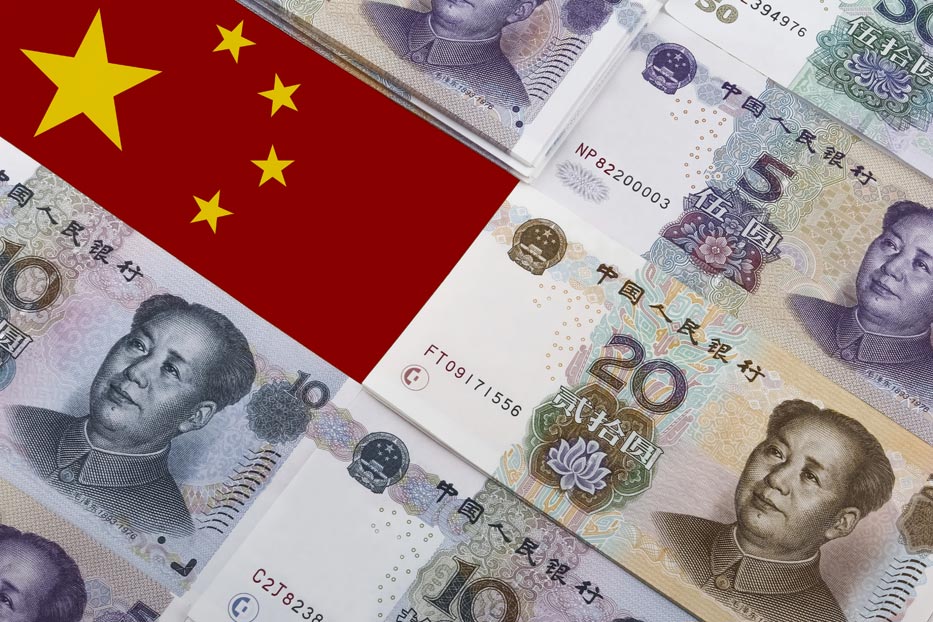China – After three weeks of unprecedented government intervention, China was able to ease off its turbulent stock market.
For bulls, the growing sense of calm is key towards restoring investor confidence after the Shanghai Composite lost as much as 32% from its June high. Bears point the costs of intervention, including an exodus by international money managers and the moral hazard of supporting one of the world’s most expensive stock markets.

China’s ruling Communist Party has gone to extreme measures to tame the nation’s $7.2 trillion equity market. Officials allowed more than 1,400 companies to pause trading, banned major shareholders from selling stakes, suspended initial public offerings and gave a government agency access to more than $480 billion of borrowed funds to help finance equity purchases.
The government’s objective “is to stabilize the market, which they have achieved,” said Nick Cheng, the chief derivatives trader at Liquid Capital Markets Ltd. in Hong Kong.
For overseas money managers, China’s intervention has strengthen doubts on the government’s agreement to promulgate the free-market reforms needed to make mainland shares eligible for MSCI Inc.’s global indexes.
“Most foreign investors are scared and stunned,” said Warut Siwasariyanon, the head of research at Asia Wealth Securities Co. in Bangkok.
However, intervention buys time for policy makers to put the market on more solid footing by reducing the use of unregulated margin trading, according to Chen Gang, the chief investment officer at Shanghai Heqi Tongyi Asset Management Co.
Moreover, authorities tightened control over online financing last weekend, applying more surveillance to an industry that helps conduct borrowed money into the stock market. The websites offered 3.1 billion yuan ($499 million) of new loans for equity investment in May, up about sixfold from January, according to the Yingcan Group, which tracks peer-to-peer finance platforms.
For Francis Cheung, the head of China and Hong Kong strategy at CLSA Ltd., government intervention creates moral hazard because investors will expect a rescue whenever share prices sink. The risk is especially intense in China because equity valuations outside the banking sector are already expensive, he said.
“At the end of the day, they want a real functioning stock market, which means valuations cannot really be at such an elevated level,” Cheung said in an interview on Bloomberg Television in Hong Kong.
